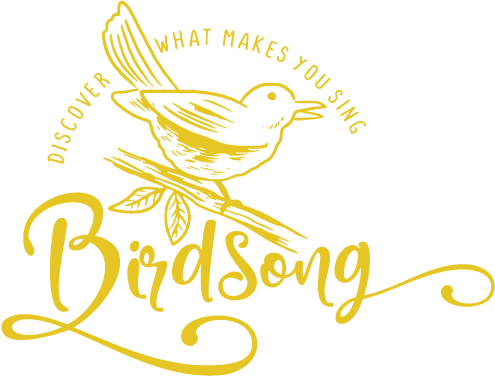“The Owl and the Nightingale - A Lesson in Tolerance”
"Your head is a living forest full of songbirds." ~ e. e. cummings
What’s in this review?
Summary
Reasons You Might Enjoy It
Deeper Thoughts
Poem Summary
When different types of birds sing, one can almost feel the joy inside of each unique song. There’s this old English poem written back in the Middle Ages called “The Owl and the Nightingale. “
The author is unknown, and the exact timeframe is also a mystery, but the poem is timeless when it comes to the message. The two were in an argument about who was more pleasing to the Lord.
The nightingale felt her sweet twittering of happiness and love was best for mankind, while the owl believed his woeful song of warning and prophesy was of greater benefit.
Three reasons you might enjoy reading “The Owl and the Nightingale”
1. Imagery
If you love imagery, you will looooovvvee this poem!
One can just imagine this beautiful painting of Ms. Nightingale’s home in soft pastel colors – while the Mr. Owl’s home is earthy greens, brown, wintery, and covered with dense fog. Both places are beautiful.
“The nightingale began the argument in the corner of a clearing and perched on a beautiful branch—there was plenty of blossom around it—in an impenetrable thick hedge, with reeds and green sedge growing through it.
She was all the happier because of the branch, and sang in many different ways; the music sounded as if it came from a harp or a pipe rather than from a living throat.
Nearby there stood an old stump where the owl sang her Hours, and which was all overgrown with ivy; this was where the owl lived.”
2. The message
With our crazy political climate these days, it would be good if we could learn how to disagree from the owl and the nightingale’s example.
They each truley believed the other to be a total waste of carbon. But they agreed to disagree with dignity and respect.
“‘But let’s stop this quarrelling, because speeches like this aren’t getting us anywhere; and let’s begin with reasonable procedure, and courteous and diplomatic language. Even if we don’t agree, we can plead better politely, without quarrelling and fighting, properly and correctly; and indeed each of us can say what she wants to fairly and reasonably.’”
3. The wisom of good ole’ King Alfred:
King Alfred is quoted several times by both Owl and Nightingale.
“Alfred said in an old proverb, which is still remembered, ‘When the disaster is greatest, the remedy is closest’;
because intelligence increases when it is in difficulties, and becomes sharper as a result.
So a man is never at a loss as long as he keeps his wits about him, but if he loses them, his bag of tricks is slit right open; if he can’t hold on to his wits, he won’t find a plan in any corner of it.”
4. Deeper Thoughts
What strikes me about the poem, is that both songs were equally valualable.
There are times when we need to heed the woeful songs of warning, and there are times when we need to cut loose and let our hearts open up to the sweet melodies of joy.
My personal belief is that we humans need to learn how to live with the tensions that come with paradox.
We tend to lose out if we live in this “either/or” frame of mind. It’s not all things sad – nor is it a party every day – that forms our character. It’s a little of both.



